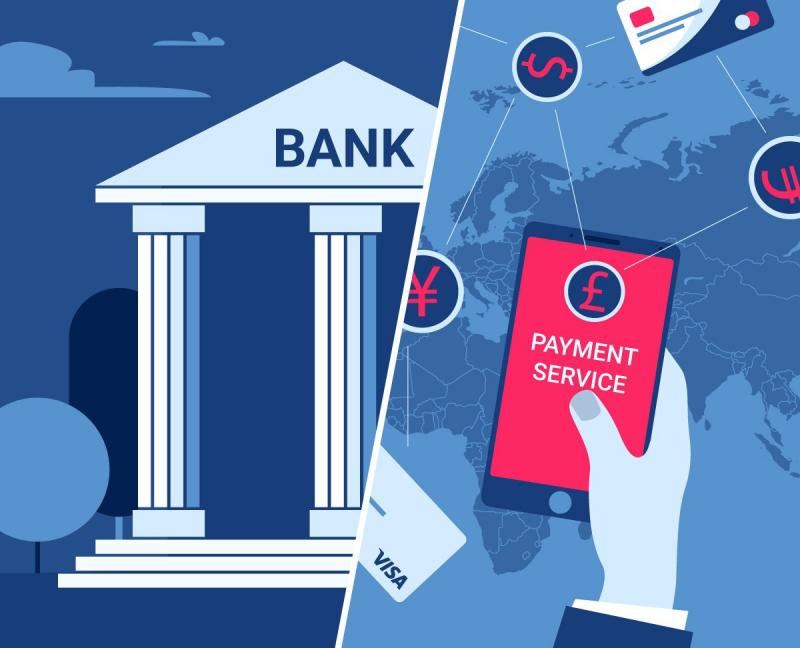
Your business involves cross-border payments. Why should you consider a payments provider that is not a bank?
Traditionally, cross-border payments were handled by banks. An importer in country A would make a payment through the international department of a local bank with which the importer (usually) had a long-standing relationship. The payment would be converted into a foreign currency and would pass through at least one correspondent bank to reach the bank of the exporter in country B. There would be fees at every step - and additional costs if the currency of the transaction was not the currency of country B.
Cross-border payments were, therefore, time-consuming and expensive. Banks knew this and responded in several ways. One way was to invest in technology in order to increase the speed and reduce the costs. Another way was to incorporate cross-border payments in a package of transaction services. The relationship between a business and its bank might incorporate cash management, working capital management, and forex risk management - as well as payments.
Of course, there have also been disruptors in the cross-border payments market. Some of the disruptors have been formally constituted as banks. Others, like Safenetpay, are non-banks. There is a major difference between the banks and the non-banks. In the case of the banks, the payments services are associated with the client’s deposits, which appear on the banks’ balance sheets. In the case of the non-banks, the cash that is available for payment is only held on the clients’ balance sheets.
Whether they are long-established or new, banks or non-banks, the payments services providers have little scope to cut the prices that they charge businesses for payments. Prices and margins have already been slashed to very low levels.
What the new payments services providers have in common is that they are not constrained by legacy technology and see payments as their core business.
This means that they are under greater pressure than established banks to achieve excellence in payments. Excellence includes many aspects- low cost, high speed, ability to handle many different currencies and complex payments. Excellence also includes a commitment to service and improving customer experience.
If you’re making cross-border payments on a regular basis, consider changing your provider if you are not happy with the service.